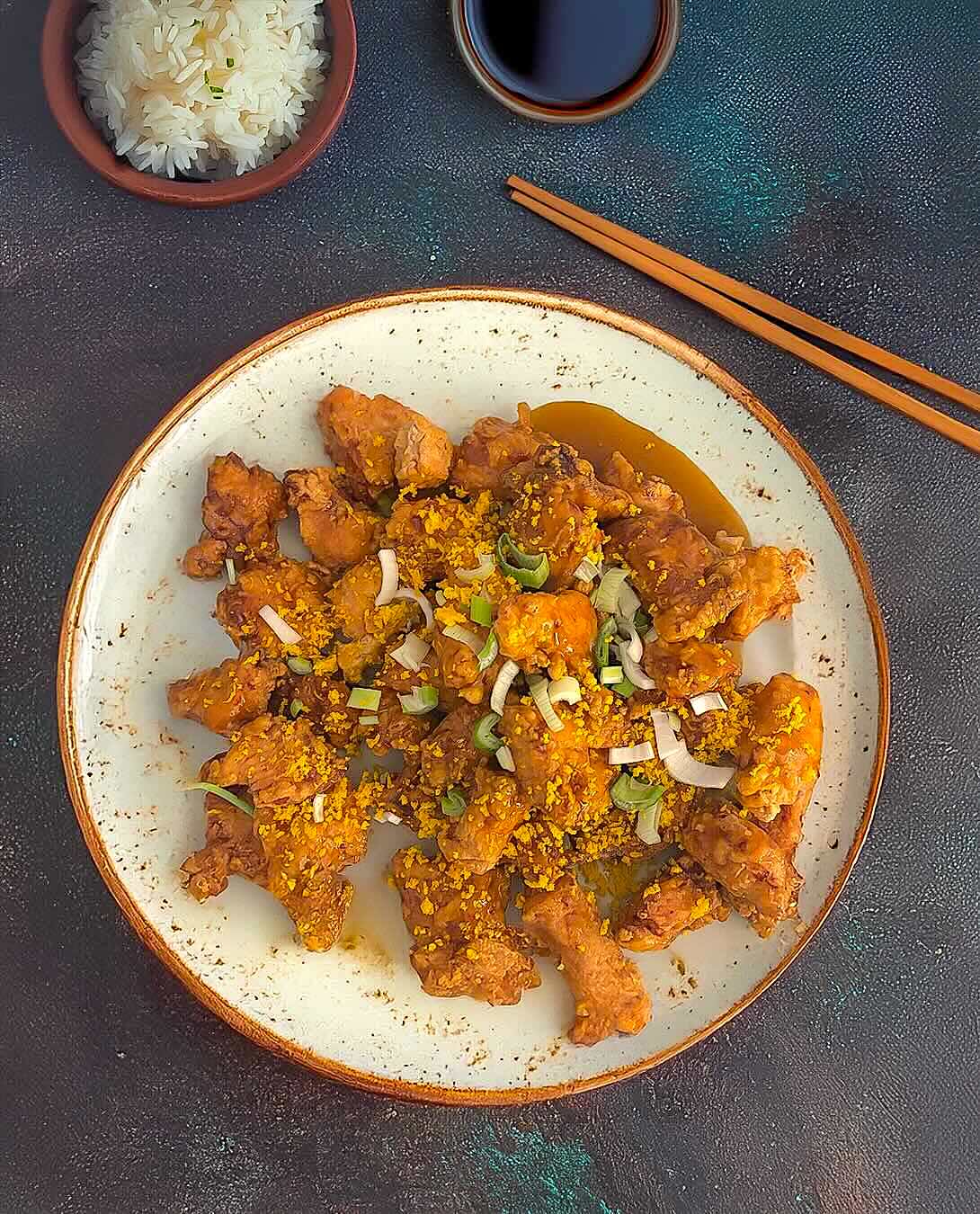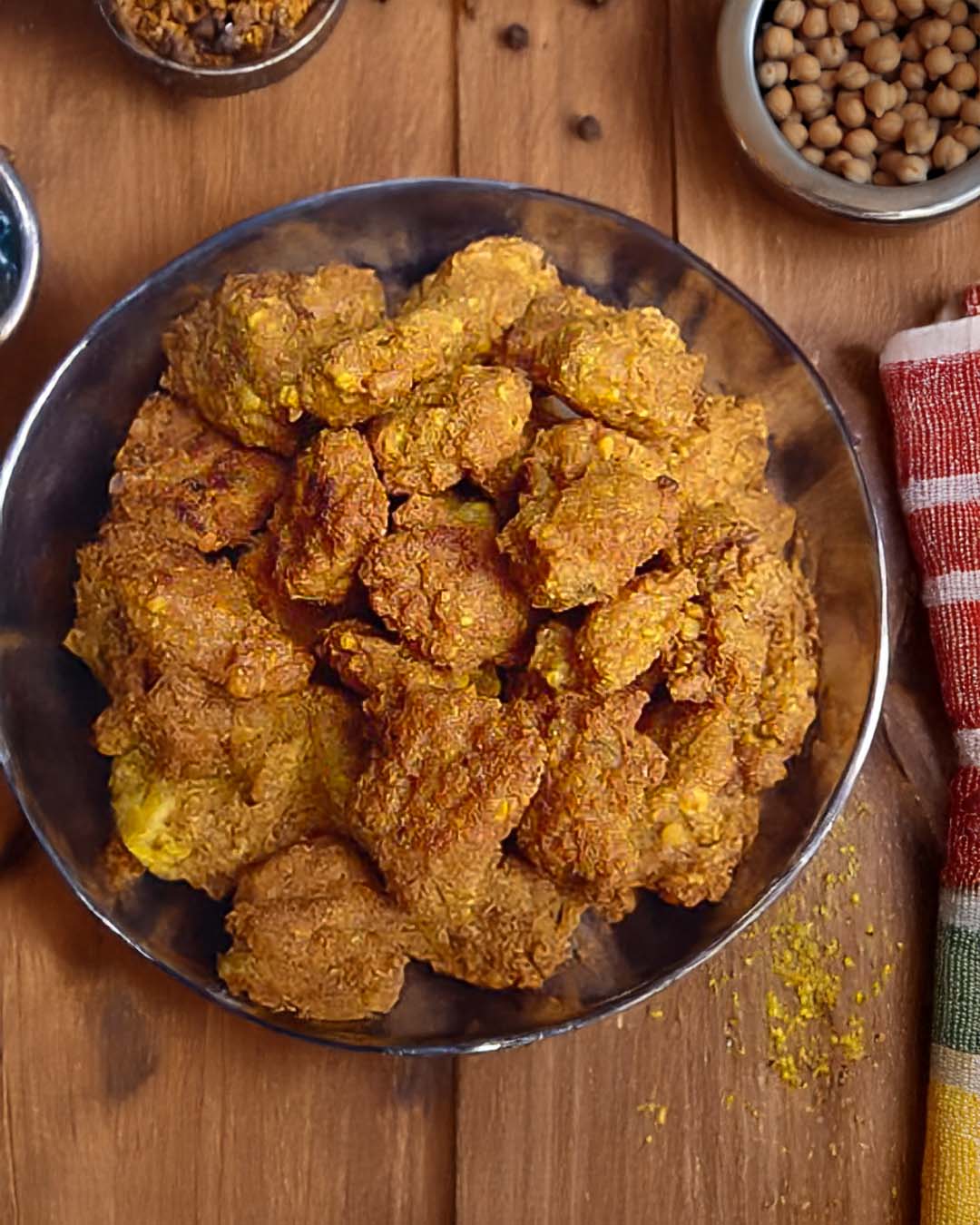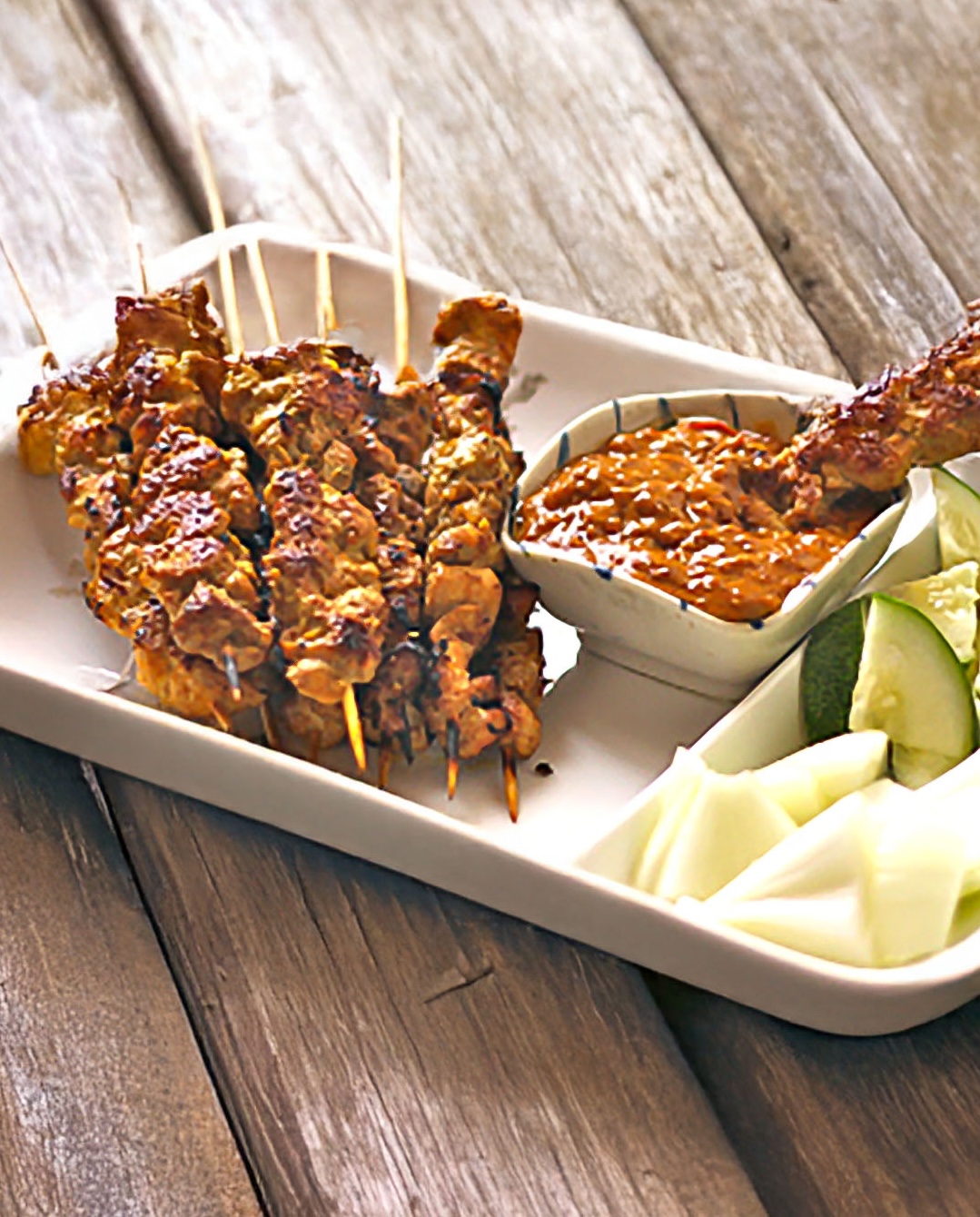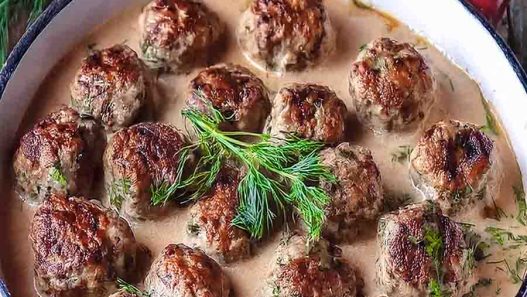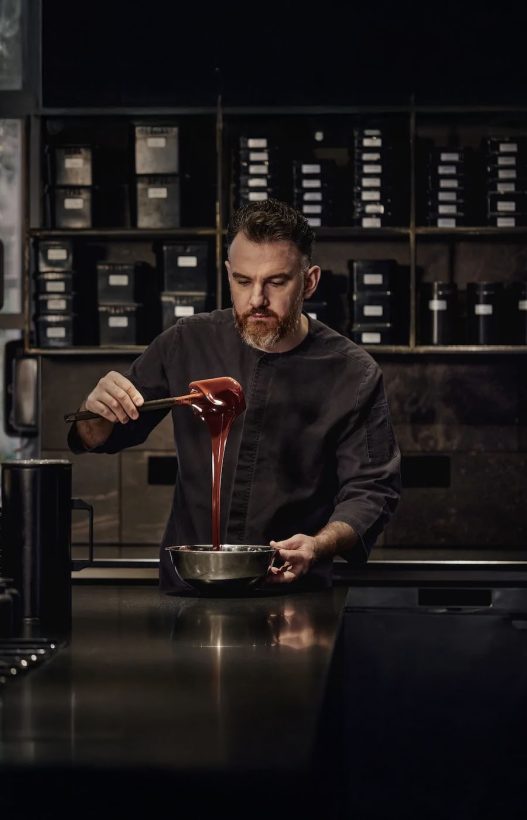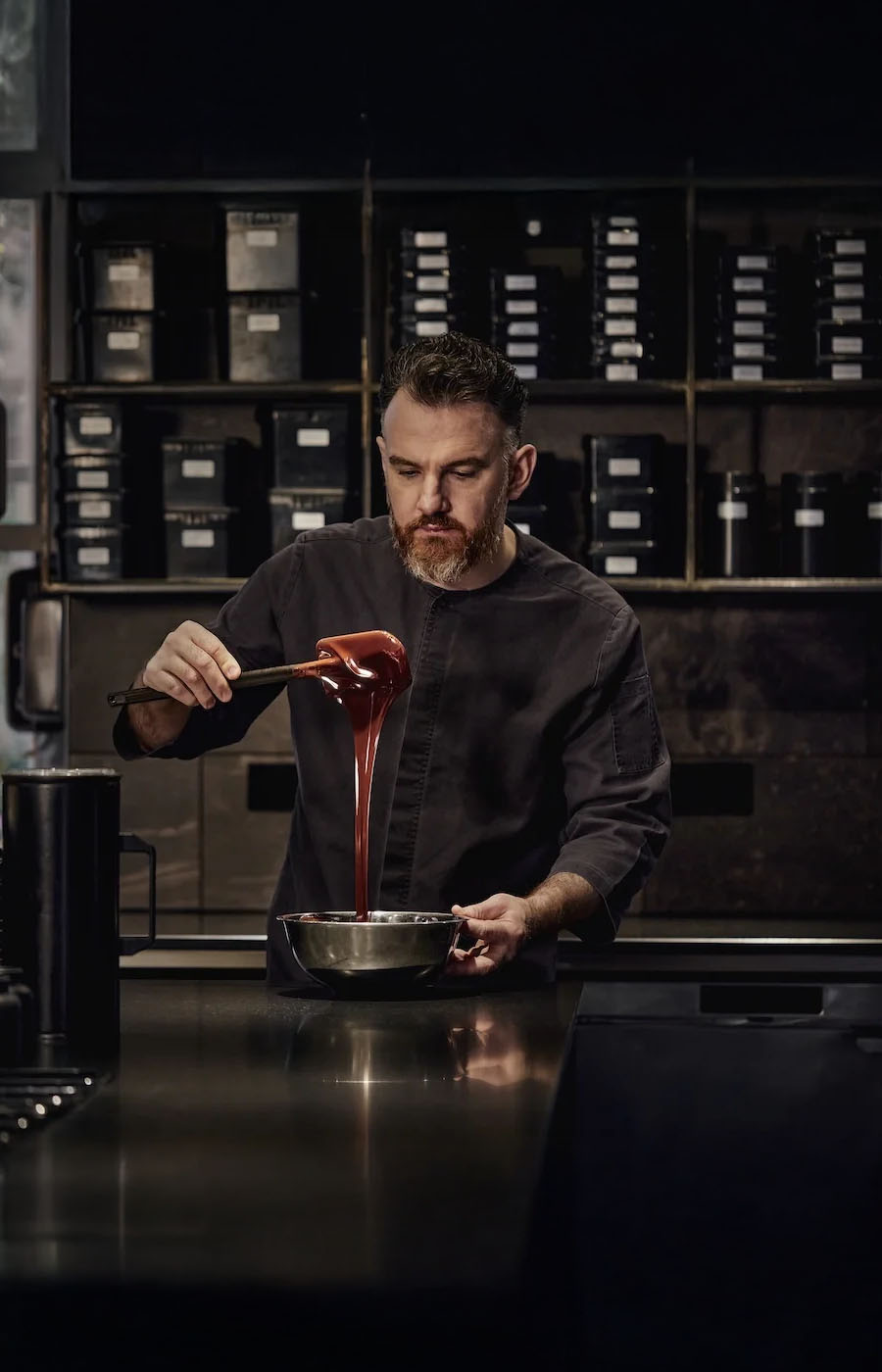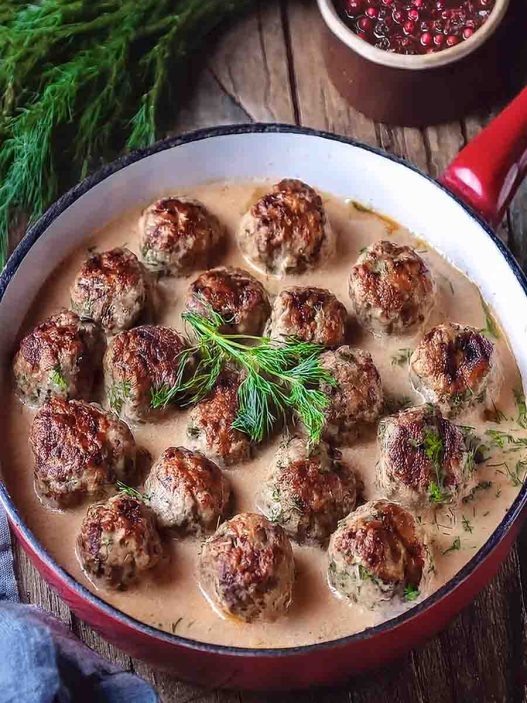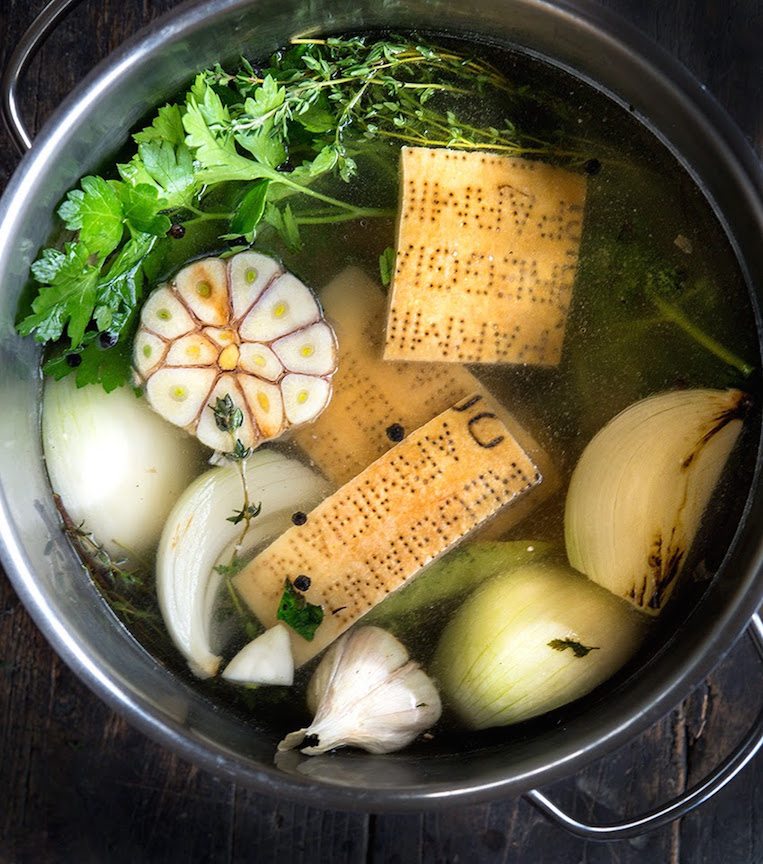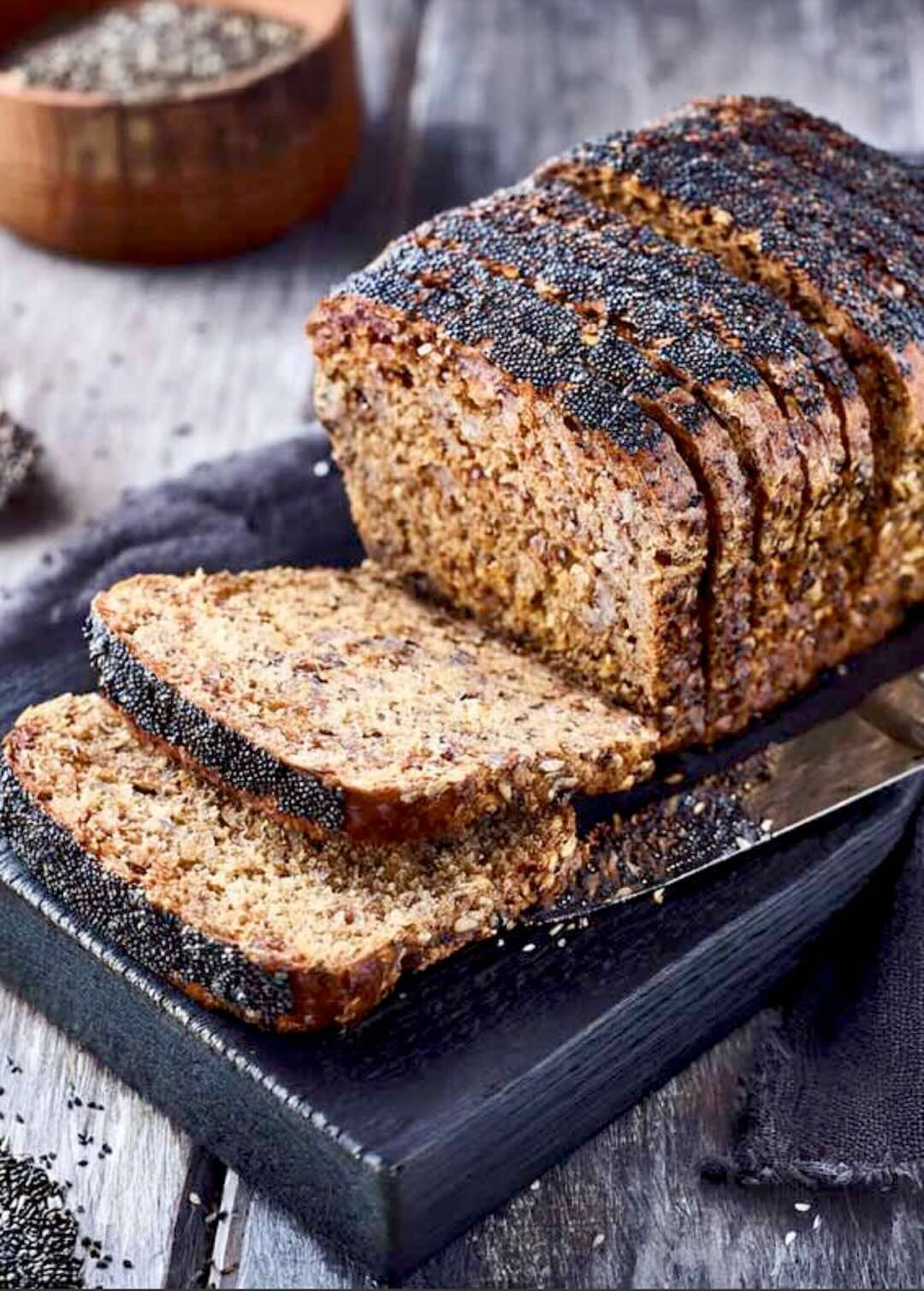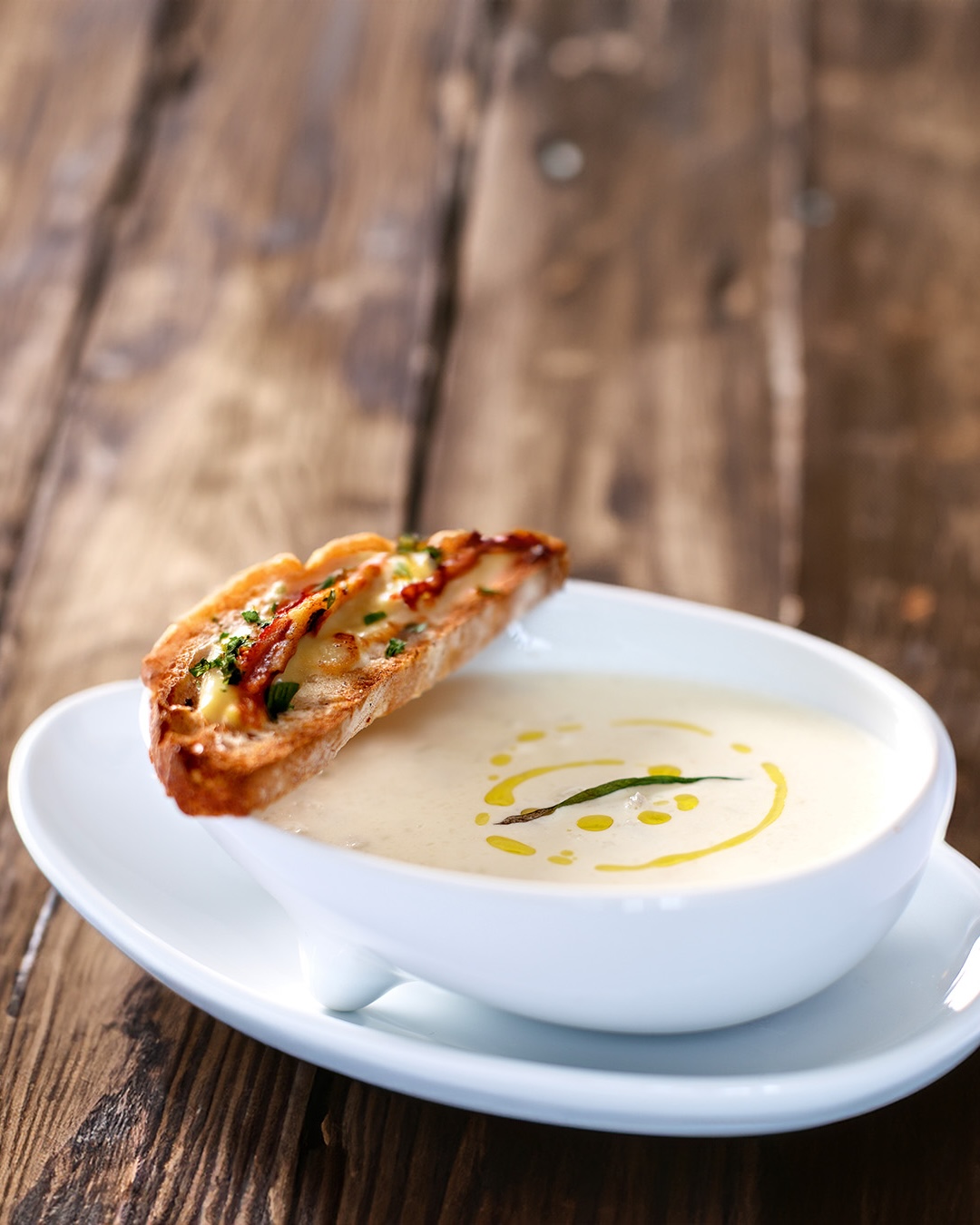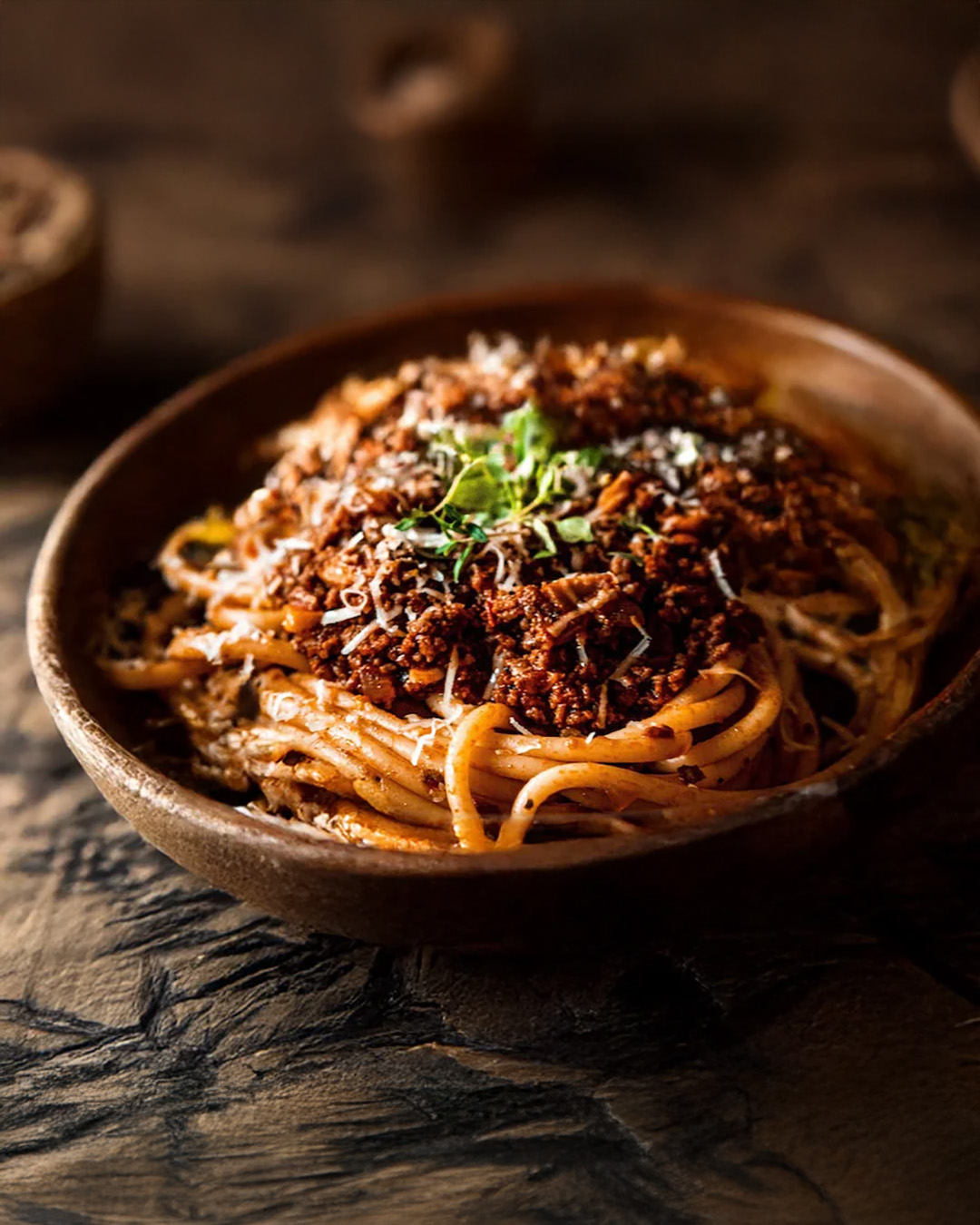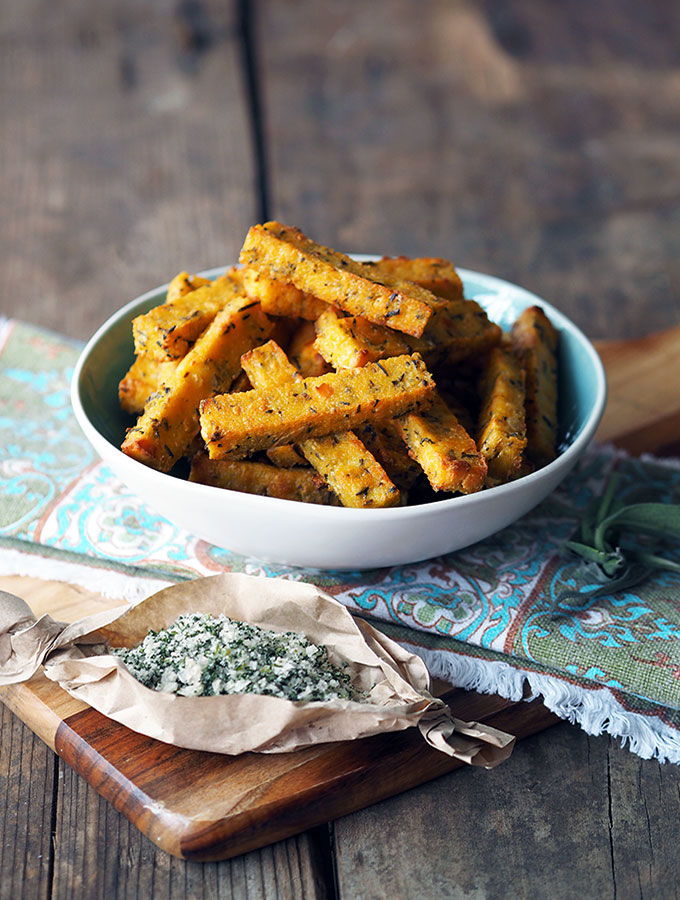René Frank is a difficult chef to label. Even though the tasting menu at CODA consists of 15 eminently sweet-tasting dishes –without sugar added– and that Frank has been named the World’s Best Pastry Chef by The Best Chef Awards (2024) and by The World’s 50 Best (2022), it is inaccurate to call him a pastry chef or a dessert chef.
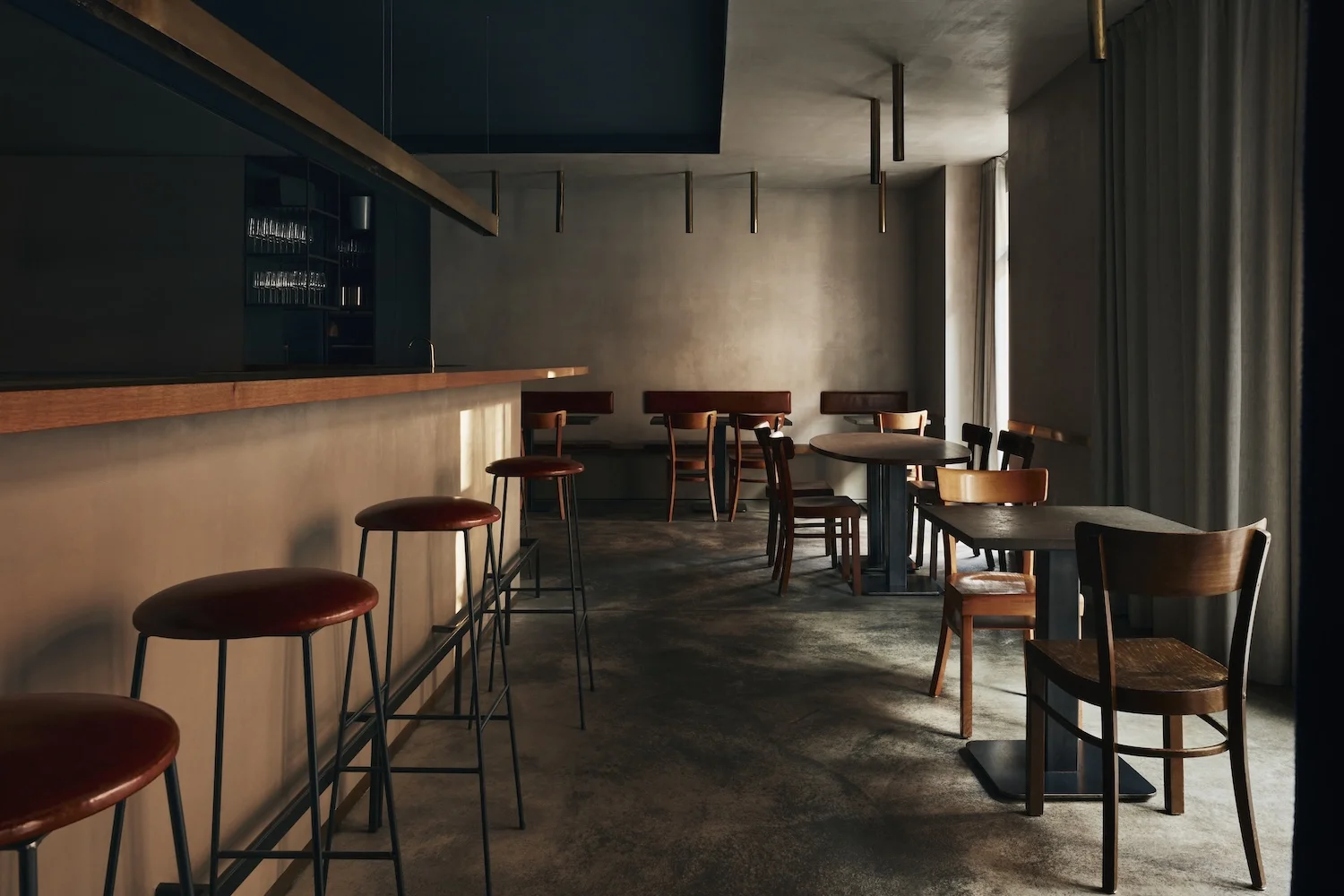
René, you are now named the World’s Best Pastry Chef by The World’s 50 Best and The Best Chef Awards – and these are just the most resounding accolades in your career. How do you feel about that?
“I’m happy, of course, but I don’t see the awards as an achievement per se. The other day I was putting together some words to congratulate the CODA team for this year, in which the restaurant was also included in The World’s 50 Best Restaurants, but actually this has been a very hard year for me. I live it in a strange way. I’m proud, but I don’t consider myself the best in the world at anything. And even though I don’t see awards as a goal, I think they’re at least a sign that the things we’re doing are meaningful to people.”
So what is your goal now?
“During the six months I spent in Japan, I absorbed the Kaizen philosophy, which is nothing more or less than improving a little every day. My goal is actually to walk the path or, in other words, to enjoy the freedom to do what I want.”
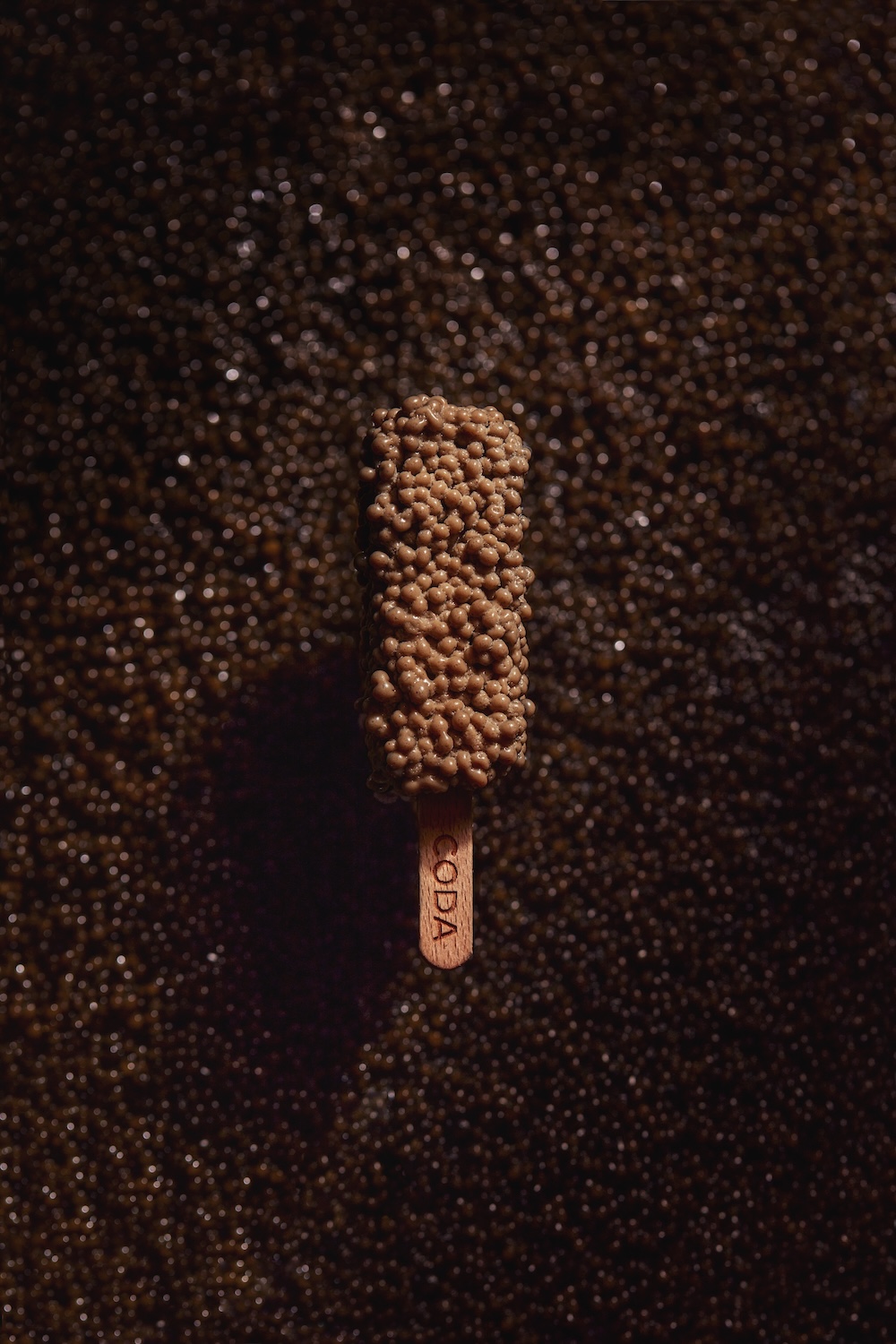
This concept of freedom seems important to you. In a video I saw, you state that you moved to Berlin because you found the freedom to do what you want…
“Yes, Berlin is a city with a very special vibe, where everyone is free to be who they want to be without anyone judging them. If you go to other cities in Germany and dress or behave in a certain way that is out of place, you will be judged. For example, if you go to a Michelin-starred restaurant in any other city in Germany and you are dressed in an extravagant way, they will wonder if you have the money to pay and they will look at you with suspicion. That doesn’t happen here. Everyone is welcome here. For example, gender discussions are common, many people do not identify with being a man or a woman, and everybody is ok with that.”
Something similar is happening with CODA. On some occasions you have referred to CODA as a “nonconformist” restaurant, and I resist calling it a dessert restaurant, just as I don’t think of you as a pastry chef, but as a chef.
“Exactly, we define CODA as a non-conformist restaurant and we say that we serve progressive desserts, but in reality our cuisine is very difficult to classify. Besides, we are constantly changing the menu, not completely, but some dishes, because we are a creative restaurant and we need to have novelties, and that implies a permanent evolution. Right now we actually don’t know where CODA is going and that’s nice.”
Again we are speaking about the concept of freedom, don’t you think?
“Because it is a very important idea. I always say that the one essential ingredient of a creative restaurant is freedom. There are many barriers to do what you want, money is a very obvious one, but your way of thinking cannot be a barrier.”
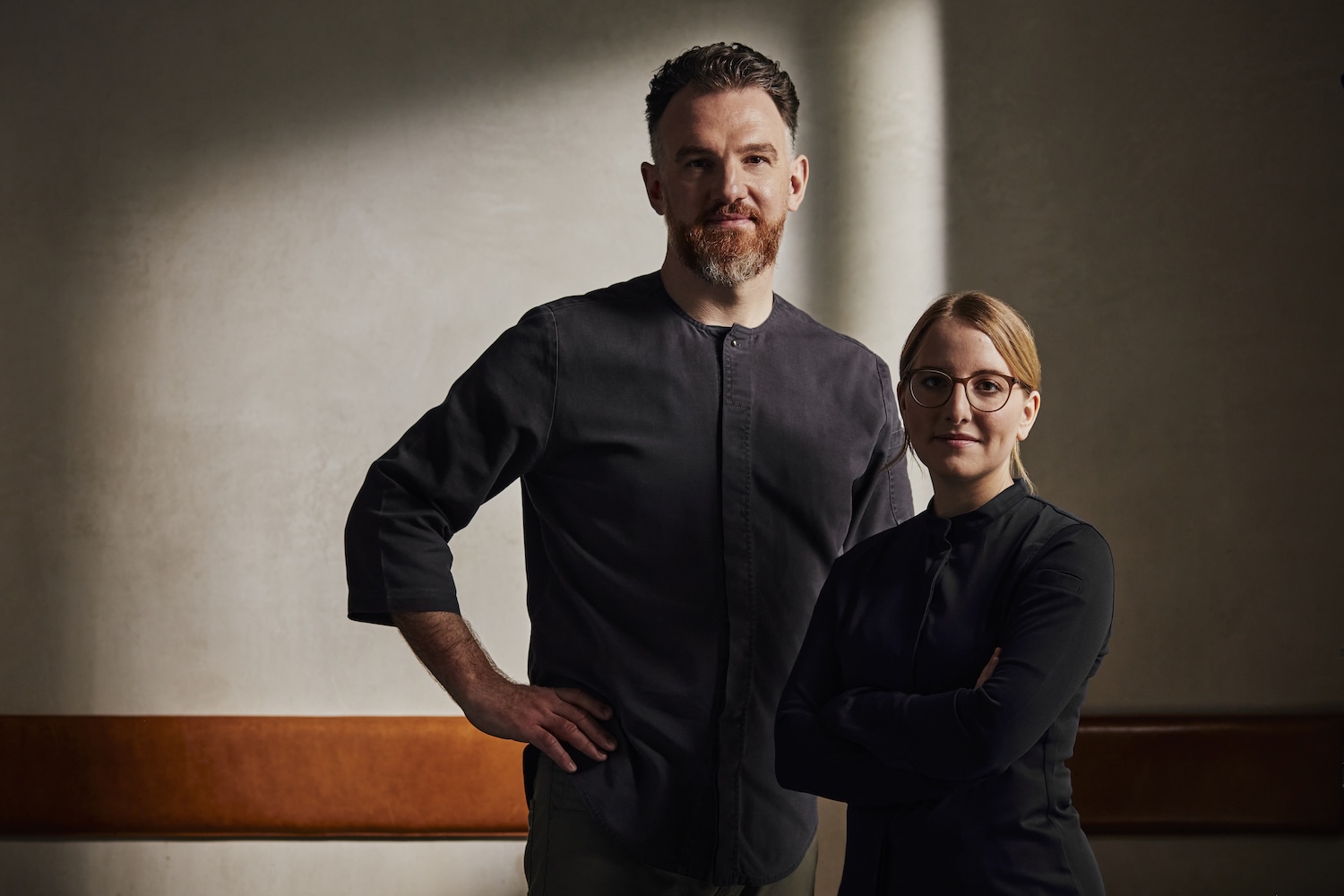
Do you feel that with this freedom you have invented a new genre of restaurant?
“I think the genre is the “nonconformist restaurant”. This is something I took with me from the year I spent training in Spain. I was lucky enough to be surrounded by people who were constantly questioning everything. I think that’s the attitude.”
Let’s touch on the culinary side. It isn’t easy to define your cuisine, but when I think of a common factor in all your dishes, I think of purity. For example, the gummy bear that opens your menu, it’s only two ingredients!
“I have mixed feelings about gummy bears. I love them, but I always thought they could be even better and tastier if you made them without all those additives and sugars, so we made one with just yellow beet, a heirloom variety, which we reduced to a gummy texture, then balanced its sweetness with a little vinegar, and dusted it with a powder made from the waste of the same beet. That purity or transparency is a constant in my cooking.”
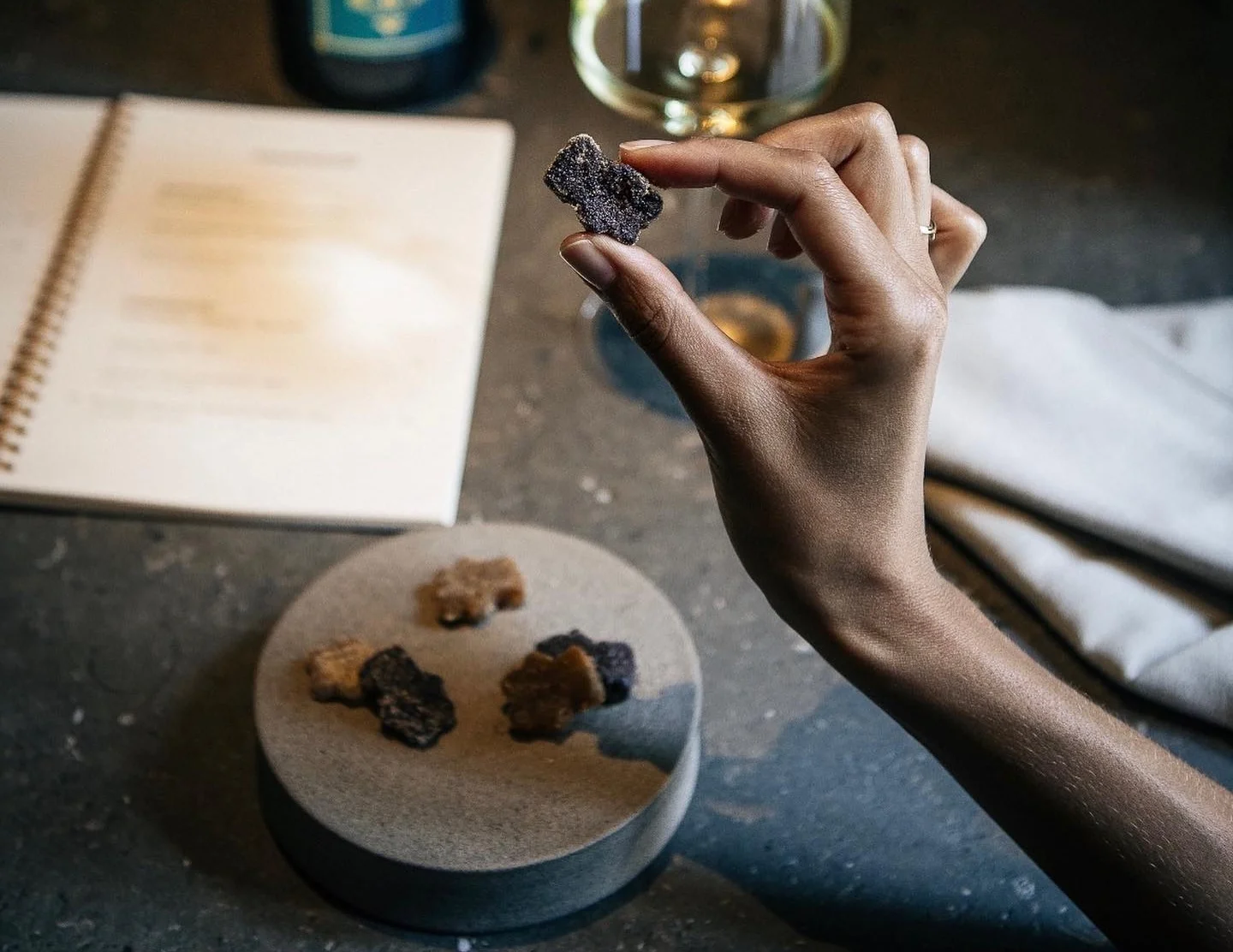
Where do you think this interest comes from?
“I think it has a lot to do with my training. Chefs in the savory world, at least at a certain level, try to make dishes as natural as possible. In the sweet world, it is very easy to have ready-made bases, but I think that limits us a lot with the result. In the savory world, at a certain level of restaurant, it would be unthinkable for a chef to serve mashed potatoes made from dehydrated flakes. They try to differentiate themselves from other restaurants by doing different things, by using special ingredients, and once you have those ingredients, you want to respect them as much as possible.”
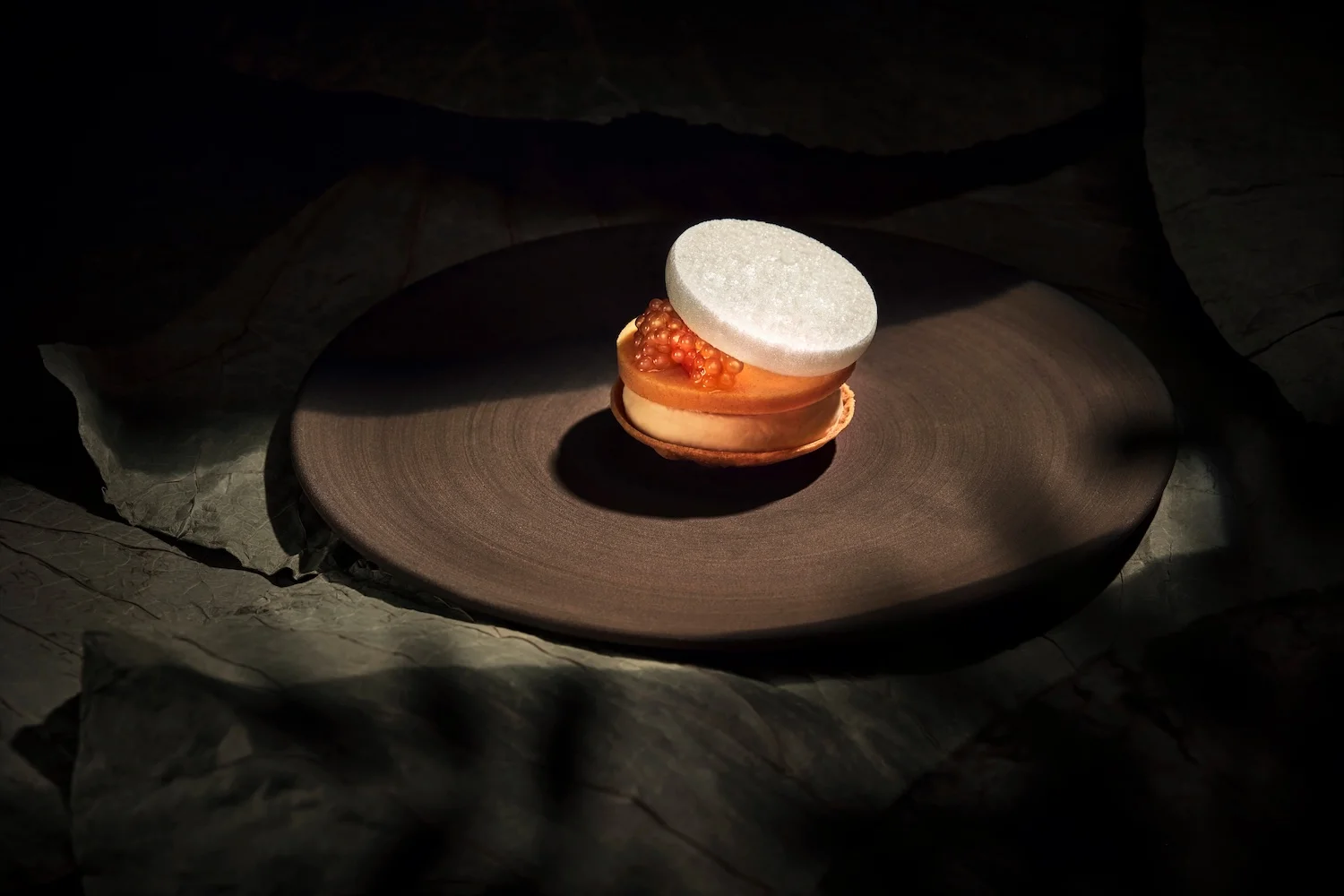
This transparency, this purity, not only has to do with the way you cook, it’s almost an ethical commitment of the restaurant.
“Yes, of course. For many people, it’s no longer enough to say that you are serving them an organic chicken. They want to know where it came from, who raised it, and how and what we mean when we talk about organic. This search for purity, which is what differentiates us, and this transparency is what leads us to the concept of “bean to plate”, to make the chocolate that we serve in the restaurant itself from cocoa beans, everything is related.”
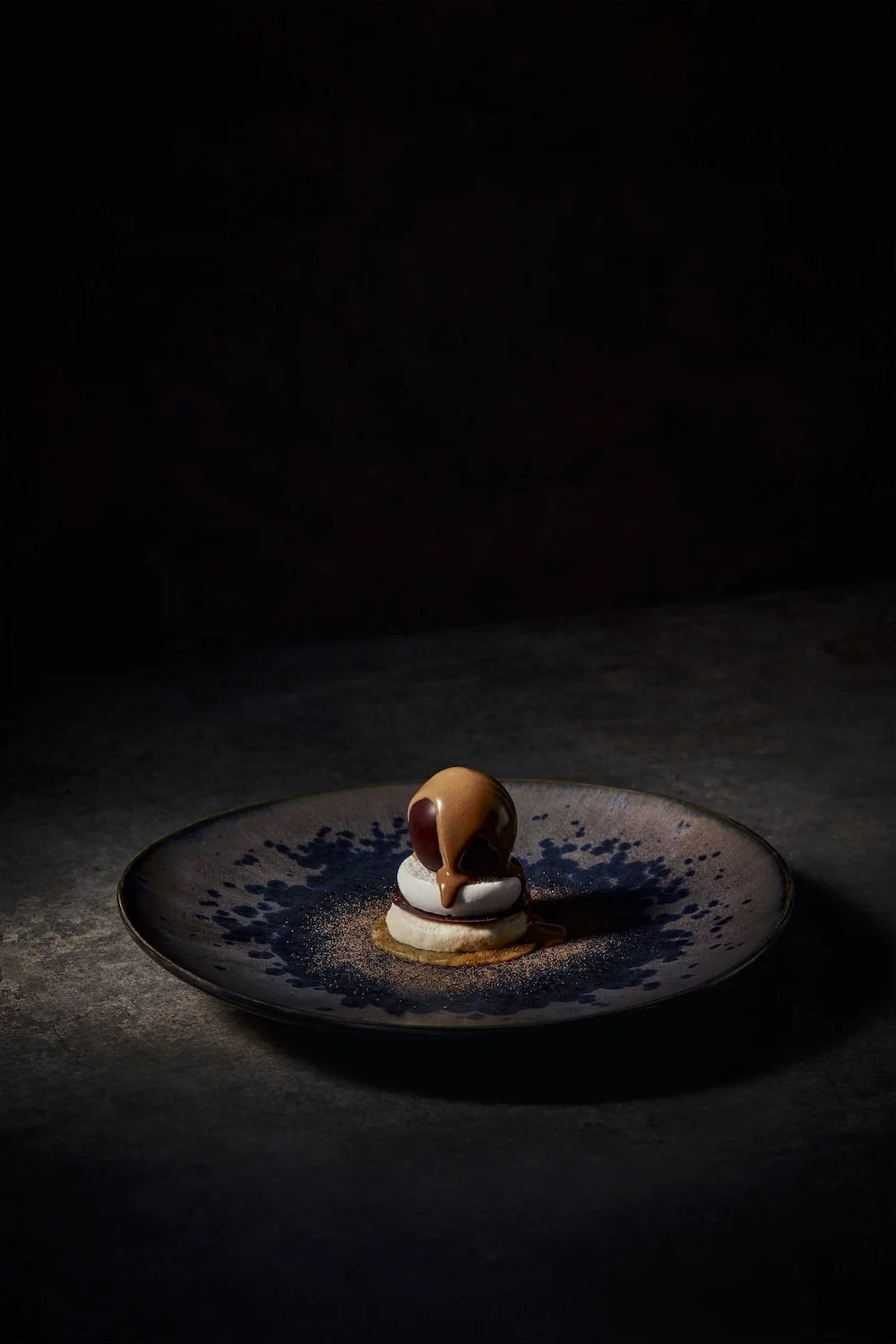
Last, your vision. What do you think will characterize, not only pastry, but also the fine dining of the near future?
“Well, in addition to the transparency we talked about, which I think is fundamental, telling people clearly what they are eating, I think restaurants need to be more and more personal. And I don’t just mean personal in the sense of “unique,” but I also mean that the personal, human touch is key. The front of house is a particularly important aspect. It is important that our guests are served by very special people, happy people, because I often say that only happy people can make other people happy.”
You obviously have high values and are committed to them, which makes one think that you wish to leave a mark, a legacy. Is that so? And if yes, what kind of legacy do you want to leave?
“In a way it is, and although I’m aware that I’m just a cook and I can’t do great things, I would like my work to inspire others to be free and to do things their own way.”
CODA
Friedelstraße 47, 12047 Berlin
www, coda-berlin.com



